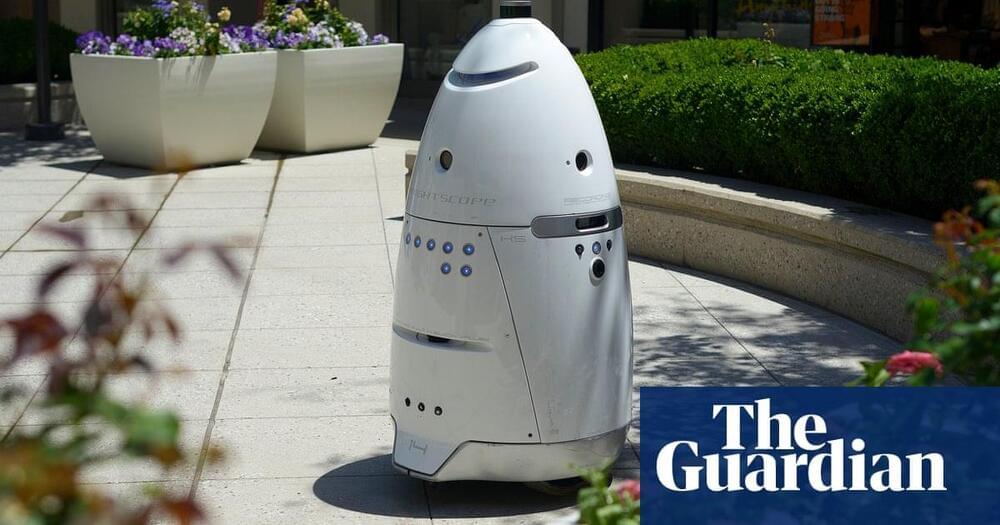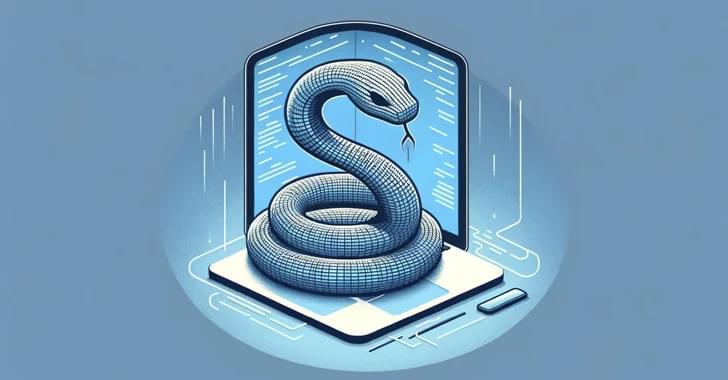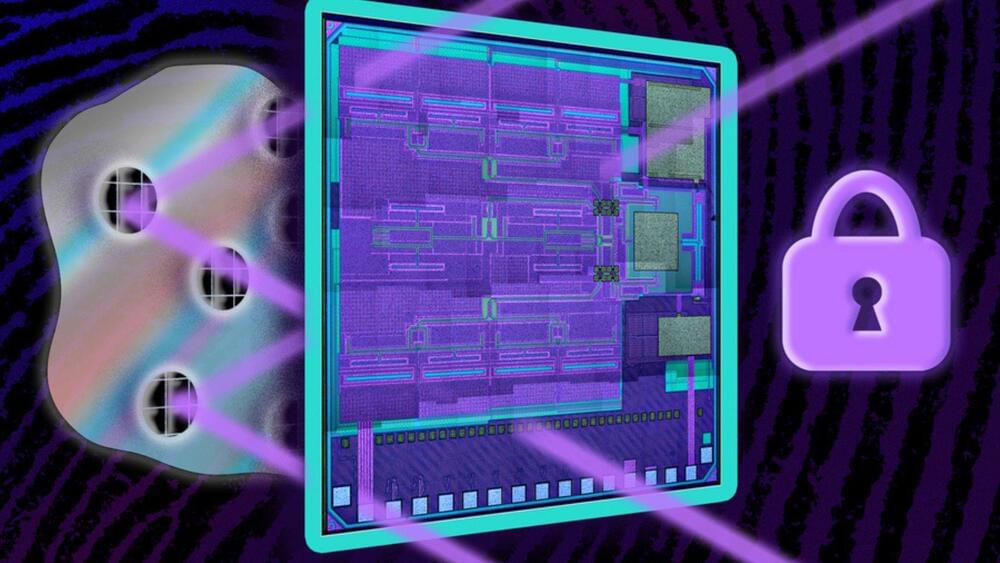A team of Chinese scientists introduced a quantum communication technique that they say could help secure Web 3.0 against the formidable threat of quantum computing.
Their approach, called Long-Distance Free-Space Quantum Secure Direct Communication (LF QSDC), promises to improve data security by enabling encrypted direct messaging without the need for key exchange, a method traditionally vulnerable to quantum attacks.
They add the approach not only enhances security but also aligns with the decentralized ethos of Web 3.0, offering a robust defense in the rapidly evolving digital landscape.









